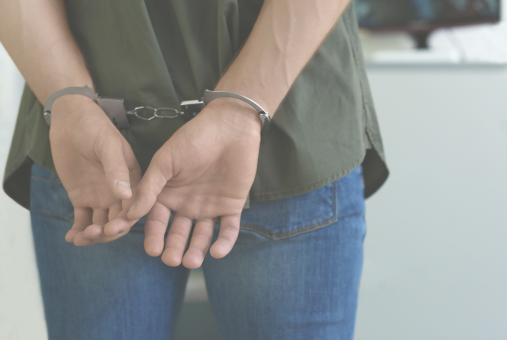
Three women reporters have been arrested and accused of terrorism, amid a broader crackdown on dissent across the country.
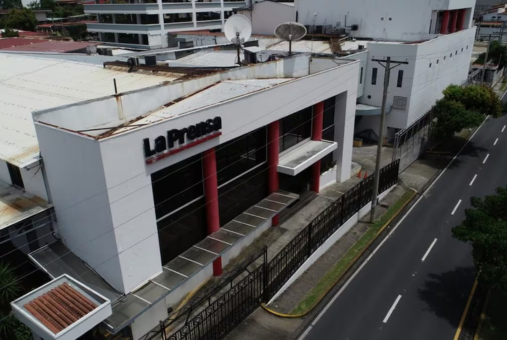
La Prensa, a top Panamanian newspaper, faces a major lawsuit from ex-President Ernesto Pérez Balladares. The case underscores the growing threats to independent media in the country.
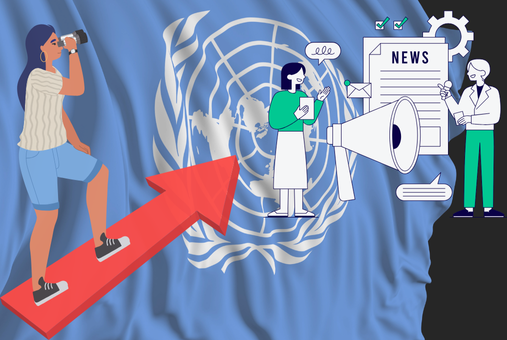
The petition asks for stronger language in the Pact for the Future regarding guarantees for access to information, press freedom and journalism in the public interest.
Operación Retuit is a daily online newscast created by independent journalists hoping to bypass the censorship, persecution and increasing repression gripping post-election Venezuela.

Microsoft and Google are among the companies asking a California court to reconsider a case they say has global consequences for press freedom and democracy.
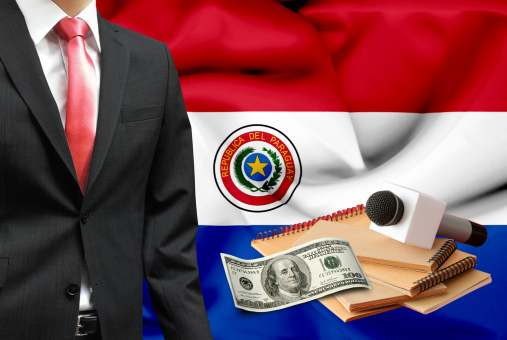
Conservative lawmakers in Paraguay say they’re looking to bring transparency to nonprofits, but journalists warn it’s a veiled attempt to silence the press and civil society.
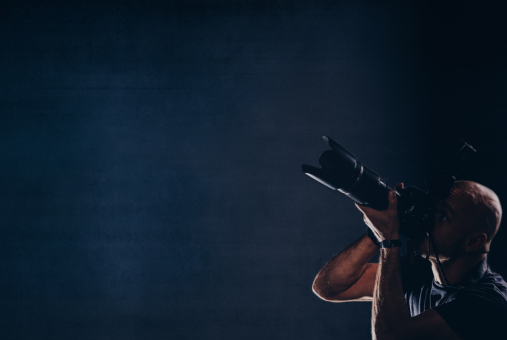
These resources offer financial support and mentorship for photographers interested in environmental, humanitarian and travel projects.
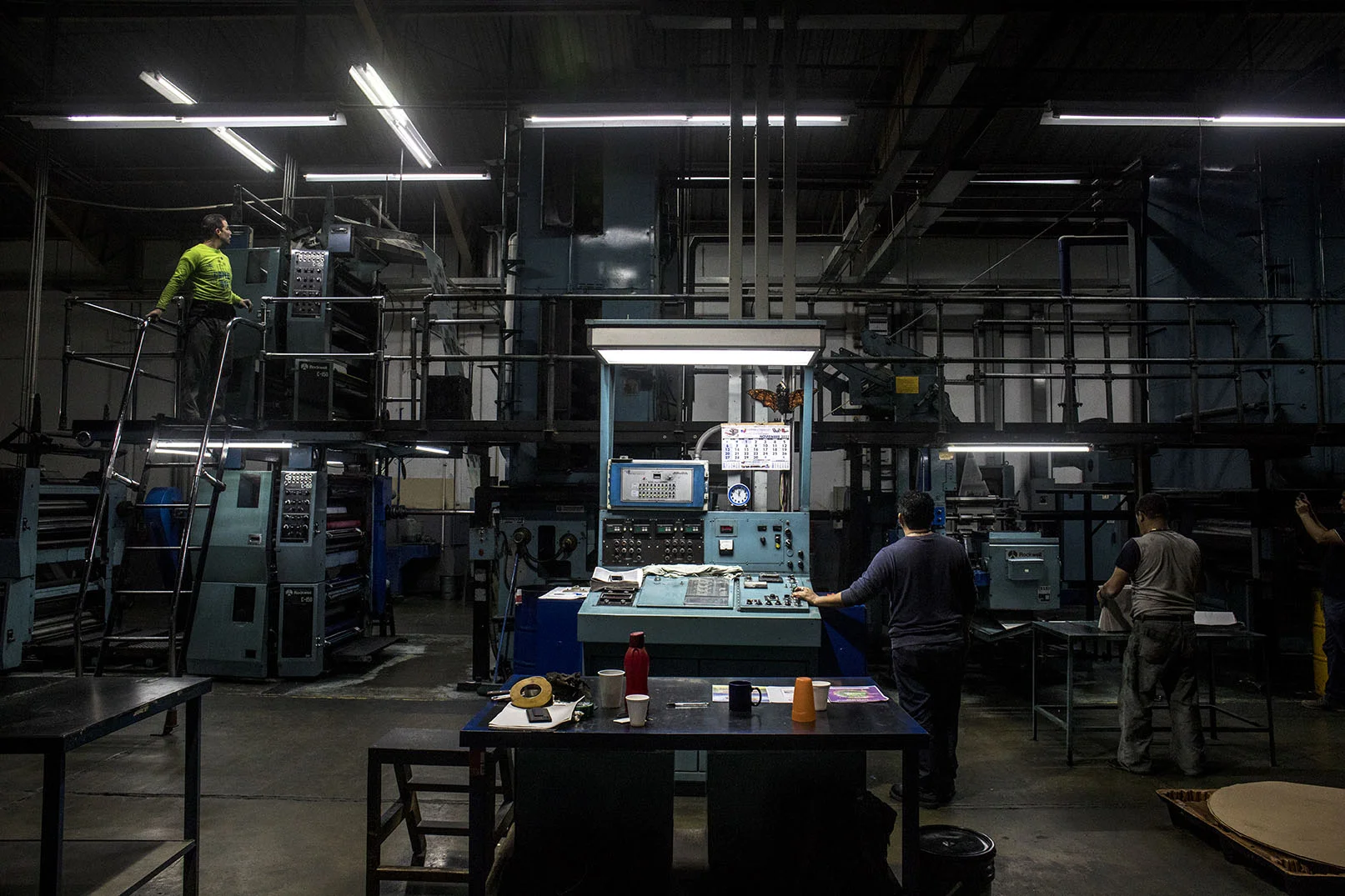
ElPeriódico, the media outlet founded by Guatemalan journalist José Rubén Zamora in 1996, was also targeted when the judicial harassment against Zamora began, according to people close to him. With two years since its founder was imprisoned and almost one year since the newspaper ceased publication, journalists in Guatemala are filling the void with more journalism.
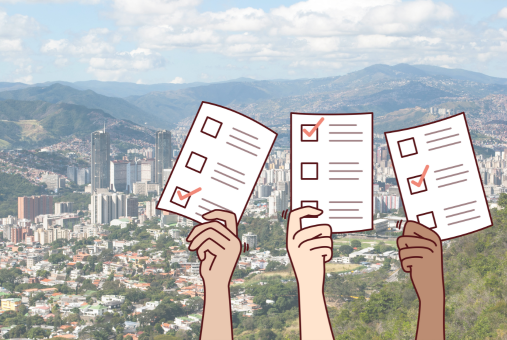
Battling disinformation and using collaboration as a weapon, Venezuelan journalists are preparing for the next presidential elections to be held on Sunday, July 28.
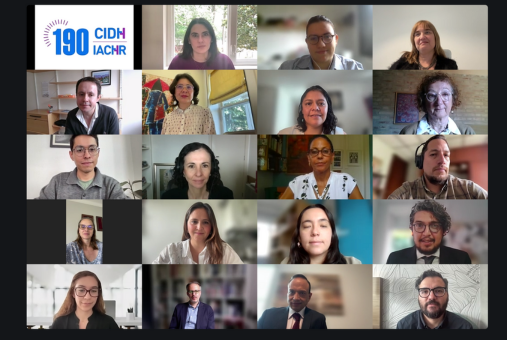
Twenty-five civil society organizations working in different Latin American countries presented in a public hearing before the IACHR the problems faced in the region regarding state censorship measures. They said these measures directly affect the press and human rights defenders and are intended to undermine oversight of powers and public criticism.
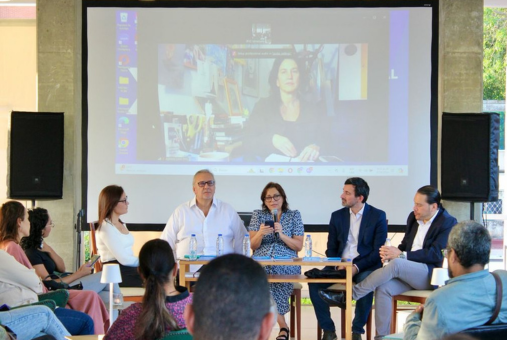
At the annual IPYS Venezuela journalism awards in Caracas, jurors discussed reporting on authoritarian regimes, the threat of disinformation and news collaborations across Latin America.
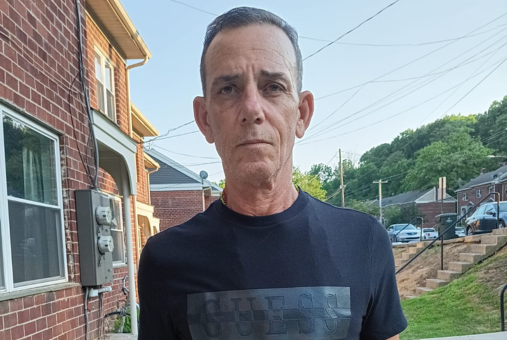
One month after his release from a Cuban prison, journalist Lázaro Yuri Valle Roca speaks with LJR about how being the grandson of a communist commander turned him into an unwavering dissident, and how international pressure led to his release